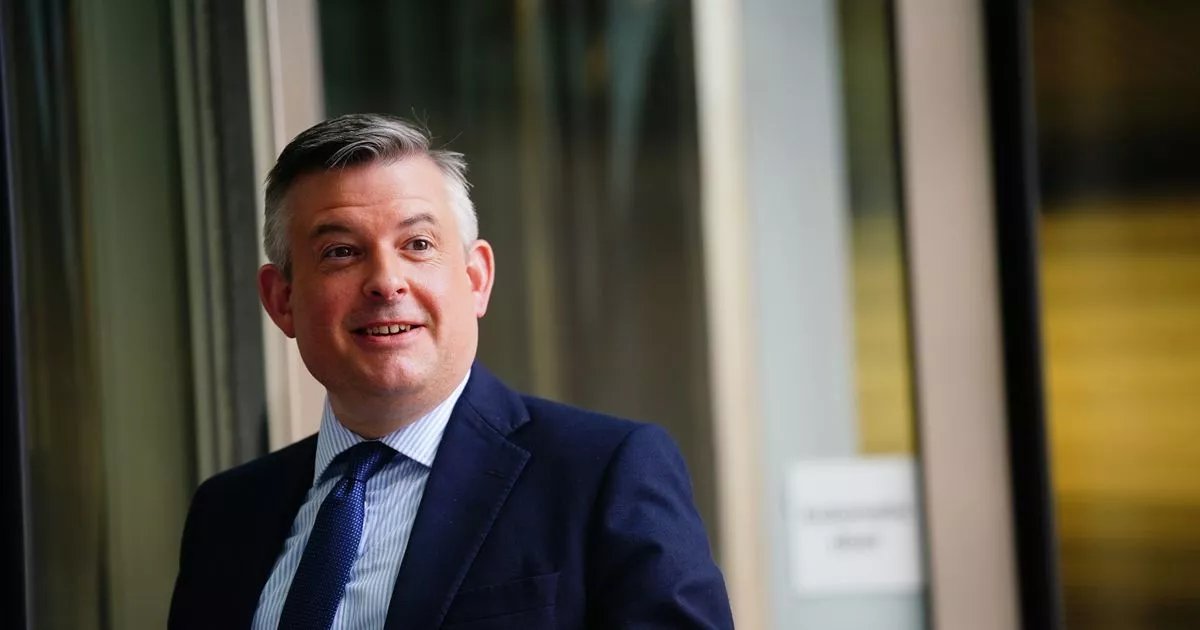The Labour Party Conference commences in Liverpool today. I have been actively involved in these events since 1996 when I served as a steward at the conference hall entrance.
With extensive experience at Labour Conferences, I have learned to not overly engage in the casual chatter and the enthusiastic discussions about political strategies. While these discussions may entertain journalists, they are often superficial.
The crucial aspect lies in presenting a vision for the future and executing plans that benefit the nation. The Labour Party excels when it emphasizes its core values of fairness and creating opportunities. This is precisely the focus of the top leadership team within the party.
For instance, let’s consider the NHS, a subject close to my heart. The inception of the NHS by Labour aimed to alleviate the burden on numerous households. Today, a Labour government is actively addressing waiting times and enhancing healthcare quality through investments, reforms, and technological advancements.
In support of the working class, Labour is raising the minimum wage, enhancing employee protections, and cracking down on unethical practices. Under the previous administration, a million young individuals faced unemployment.
Labour is spearheading significant reforms in skills development and welfare programs to secure a promising future for the younger generation. Critically examining the Tories’ track record on poverty, including controversial benefit cuts, unveils a distressing reality.
Government officials are set to release a review on child poverty, emphasizing the urgent need for action. Labour is committed to ensuring every child in the UK receives the attention they deserve. Initiatives like expanding access to breakfast clubs and school meals underscore this commitment.
A Labour government is dedicated to combatting child poverty and improving living standards. Only Labour can bridge the gap in life opportunities and safeguard essential services from cuts, unlike the alternative proposals from Reform and the Tories.
Nigel Farage’s purported support for the working class masks a detrimental agenda that echoes Thatcherism, posing a threat to Labour communities. Labour’s focus remains on empowering every child, fostering training opportunities for the youth, and ensuring top-notch healthcare for all citizens, a vision that unites the party.
In Leicester, the community joyously celebrates the Hindu festival of Navratri, with preparations underway for the upcoming Diwali festivities. The city’s inclusivity, welcoming families from various countries like India, Bangladesh, and Pakistan, highlights the rich cultural diversity.
The indispensable role played by international nurses and medical professionals in the NHS underscores the value of diversity in British society. Any attempts, such as Farage’s proposal to deport legal immigrants, that undermine this diversity must be challenged, as they breed division.
The departure of Angela Rayner dealt a significant blow, as she was a prominent figure in Keir’s Cabinet. The race for a new Deputy Leader presents two highly competent and capable candidates, both capable of upholding Labour’s values with pride.
Dispelling notions of a proxy battle between Lucy Powell and Bridget Philipson as a gender issue is crucial. Such sexist interpretations undermine the significance of the leadership contest.
The Mirror’s Conference, featuring Cabinet members showcasing their karaoke talents, always garners considerable attention. The popular rock band, Rockeoke from Barnsley, adds to the event’s vibrancy. As speculation surrounds this year’s favorite karaoke number, given Oasis’s reunion and recent challenges faced by Labour, “Don’t Look Back In Anger” might top the playlist.
